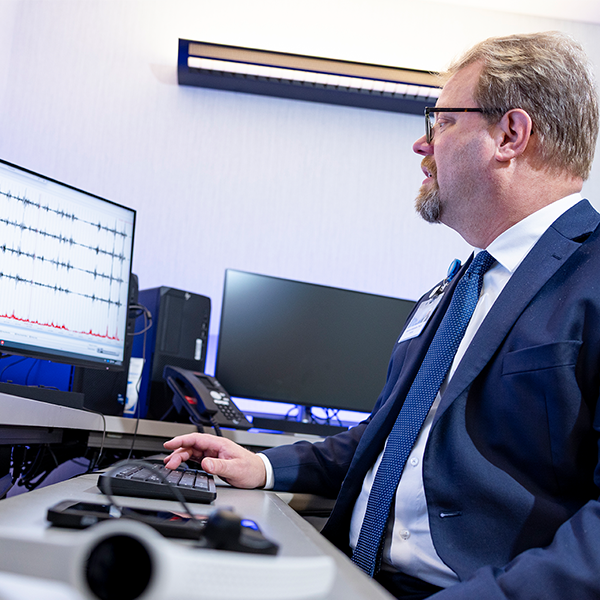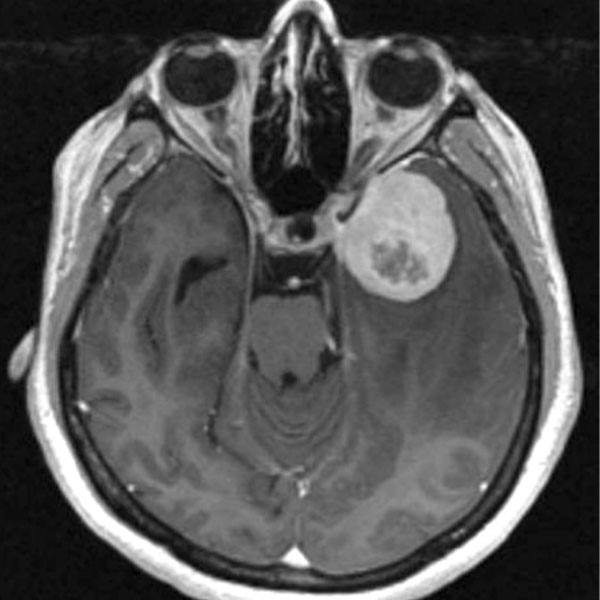-
Science Saturday: Macrophage communication is key during viral infection
A new finding from Mayo Clinic researchers and colleagues may suggest treatment options for severe viral infections and new avenues for research into tissue regeneration after injury. The paper, published in Immunity, examines the work of immune cells called macrophages that stay deep in the lungs. These cells are found in the part of the lungs where oxygen is exchanged for carbon dioxide, called the pulmonary alveolus. The alveolar macrophages are responsible for vacuuming up debris or destroy microorganisms, but they must also trigger the recovery of lung tissue.
"Macrophages are an important cell type in respiratory immune defense," explains Mayo Clinic immunologist Jie Sun, Ph.D., senior author on the paper. "They have stem cell features of self-renewal, as well as inflammatory feature of initiating host defense. We found that these two features are uncoupled, thereby modulating host disease and tissue recovery following viral infection."
Using human lung macrophages collected through collaboration with Mayo Clinic clinicians and from patients who agreed to participate in research, as well as mouse models, the researchers clarify the way macrophage cells cause inflammation and how they renew their population after infection.
"Using a viral pneumonia model, we found that macrophage inflammatory activity promoted acute host disease," explains Dr. Sun. "In contrast, macrophage proliferation and self-renewal enabled repopulation of reparative macrophages and tissue recovery following viral clearance."

The way cells take action is by talking to each other, and to themselves, using proteins. As a sentence uses grammar and punctuation to form words into sentences, cells use proteins to form instructional pathways that direction action within and between cells. Dr. Sun and colleagues report that a particular pathway, known to direct self-renewal of stem cells, instead prevented alveolar macrophages from self-renewal.
"We found that a central regulator of stem cell self-renewal, the Wnt-β-catenin signaling pathway, inhibits pulmonary macrophage self-renewal and promotes their inflammatory and disease-driven activities," says Dr. Bibo Zhu, the first author of the paper.
Specifically, the scientists noted that Wnt-β-catenin signaling in lung macrophages promotes host diseases and inhibits lung recovery, separates inflammatory activities from their proliferative potential in vivo, and may contribute to severe disease development in other respiratory diseases.
"Our data suggest the promotion of the self-renewal of reparative macrophages may be promising for enhancing tissue recovery following injury. We think that our results have suggested not only possible treatment options for severe viral infection such as influenza and SARS-CoV2, but also a new avenue for tissue regeneration following other microbial or sterile injury," says Dr. Sun.
To explore these ideas further, Dr. Sun and the team plan to establish models of other diseases and test the therapeutic potential of manipulating this pathway for respiratory infection as well as injuries related to disease such as arthritis, toxin exposure, or tissue injury related to lack of blood supply.
This work was funded by federal grants, Mayo Clinic Center for Biomedical Discovery, and Mayo Clinic Robert and Arlene Kogod Center on Aging. For the full author list and conflict of interest statement, see the full article in Immunity.







